- Details
-
Created: Tuesday, 13 October 2015 14:47
-
Hits: 12156
 Oded Hanoded is 1932 Drama film directed by Chaim Halachmi (Haim Halachmi), and written by Chaim Halachmi (Haim Halahmi) and Tzvi Lieberman-Livne (Based on his childrens book).
Oded Hanoded is 1932 Drama film directed by Chaim Halachmi (Haim Halachmi), and written by Chaim Halachmi (Haim Halahmi) and Tzvi Lieberman-Livne (Based on his childrens book).
Considered first full-length Hebrew feature film.
"A cornerstone for the Hebrew cinema was laid yesterday" by Doar Hayom after the film's premiere at Jerusalem's Zion Cinema.
Uri Klein, Ha’aretz film critic: “Today, 78 years after its making, the major interest in watching the film stems from its attempt to deal with the conflict between the collective and the individual".
Read more: Oded Hanoded
- Details
-
Created: Monday, 24 December 2007 09:18
-
Hits: 8020
'The movies' arrived in 1895 and had reached almost every corner of the globe by the end of 1896. At the close of the nineteenth century 'the cinema' was firmly established as a medium of entertainment, instruction and experiment, making fortunes and reputations and changing the way that people looked on their world.
This book records the lives of the people who made this happen. One may find here not only the inventors and the first film-makers, but also the subjects of those first films (actors, sportsmen, politicians); and the opportunists, eccentrics, propagandists and crooks who adopted the new medium with enthusiasm.
From Thomas Edison, inventor, to Eugène Pirou, pornographer; and from Alice Guy, director, to James Corbett, boxer - over 250 key figures worldwide are entertainingly documented in an authoritative reference work.
The book is edited by Stephen Herbert and Luke McKernan.
23 contributors. With introduction, technical essay and list of motion picture devices. 178pp.
Buy the book at a discount: Originally £40. Now is available from The Projection Box for only £8.99 (plus £2.00 p&p).
AVAILABLE ONLY FROM THE PROJECTION BOX
Visit the website: http://www.victorian-cinema.net/bookpage.htm
UK orders: £8.99 plus £2.00 p&p
US orders: $18.99 plus $9.00 airmail shipping
Rest of world: enquire for price and shipping charges.
E-mail Stephen Herbert at s-Herbert [at] easynet.co.uk (This email address is being protected from spambots. You need JavaScript enabled to view it.) for details of ordering.




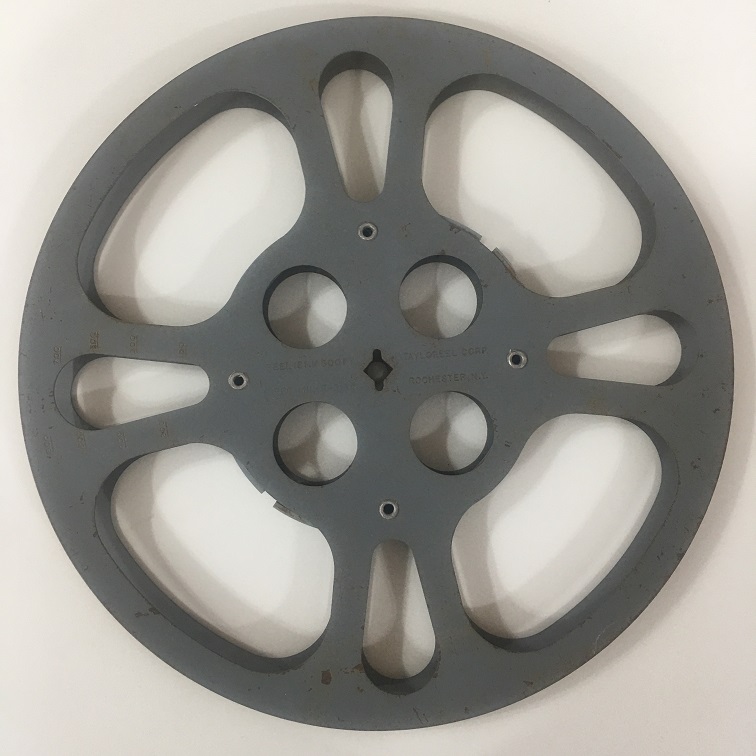
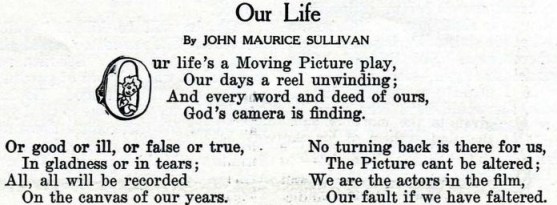
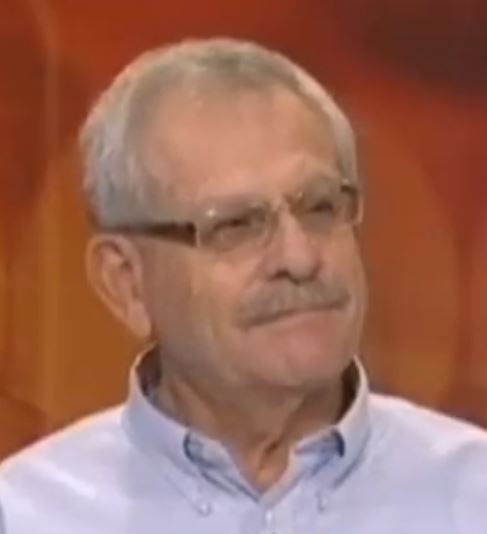 Founder of Filmography 'Israeli Early Cinema' website, Jospeh Halachmi dies at the age of 86.
Founder of Filmography 'Israeli Early Cinema' website, Jospeh Halachmi dies at the age of 86.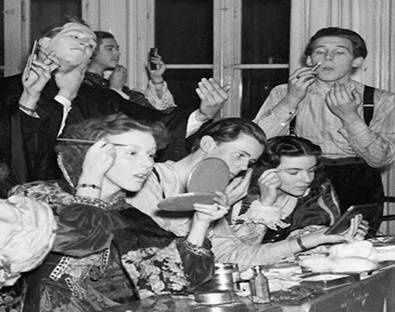
 A special section of DOMITOR website is dedicated to publishing monthly posts by Domitorians - Please visit here
A special section of DOMITOR website is dedicated to publishing monthly posts by Domitorians - Please visit here 
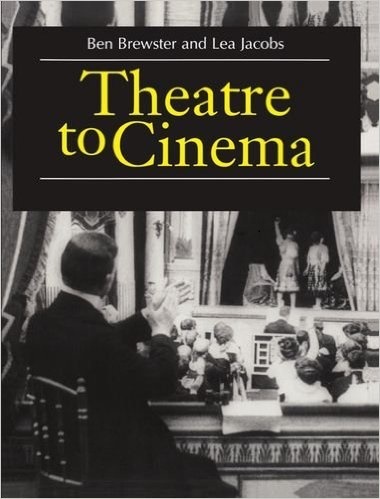 The book "Theatre to Cinema: Stage Pictorialism and the Early Feature Film", first published by Oxford University Press in 1997, is now available in an open access, online edition on the UW Library Digital Collections site.
The book "Theatre to Cinema: Stage Pictorialism and the Early Feature Film", first published by Oxford University Press in 1997, is now available in an open access, online edition on the UW Library Digital Collections site. Oded Hanoded is 1932 Drama film directed by Chaim Halachmi (Haim Halachmi), and written by Chaim Halachmi (Haim Halahmi) and Tzvi Lieberman-Livne (Based on his childrens book).
Oded Hanoded is 1932 Drama film directed by Chaim Halachmi (Haim Halachmi), and written by Chaim Halachmi (Haim Halahmi) and Tzvi Lieberman-Livne (Based on his childrens book).